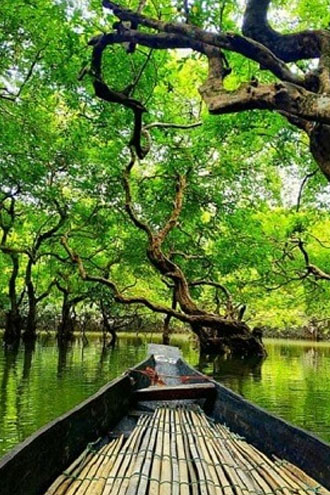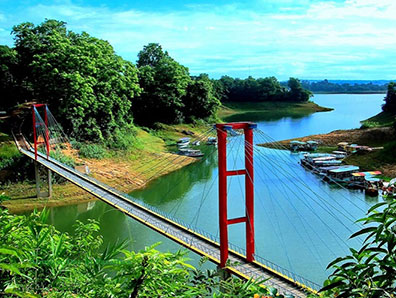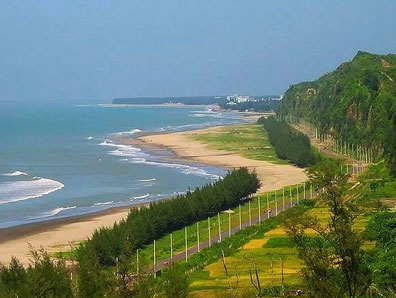Burundi is a small, landlocked country located in East Africa. It is bordered by Tanzania to the east, Rwanda to the north, and the Democratic Republic of the Congo to the west. The official languages are Kirundi and French, and the currency is the Burundian franc. The population is approximately 11 million people. Burundi is a presidential republic with a developing economy. The capital and largest city is Bujumbura.
Burundi has a rich cultural heritage, with a strong tradition of oral history and storytelling. The country is known for its traditional music, dance, and crafts. The economy of Burundi is largely based on agriculture, with coffee and tea being the main export crops. The country also has mineral resources such as nickel, tin, and uranium.
Burundi has a history of political and ethnic conflict, dating back to the country's independence from Belgium in 1962. In recent years, the country has faced a number of political and economic challenges, including political violence, human rights violations, economic stagnation, and high levels of poverty and inequality. The government is working to address these issues and promote stability and development, but the situation remains complex and challenging.
The country is also facing the challenges of rapid population growth, environmental degradation, and limited access to education, healthcare, and other basic services. The government is working to address these issues through economic development and social programs, but there is still much work to be done to improve the lives of the people of Burundi.


